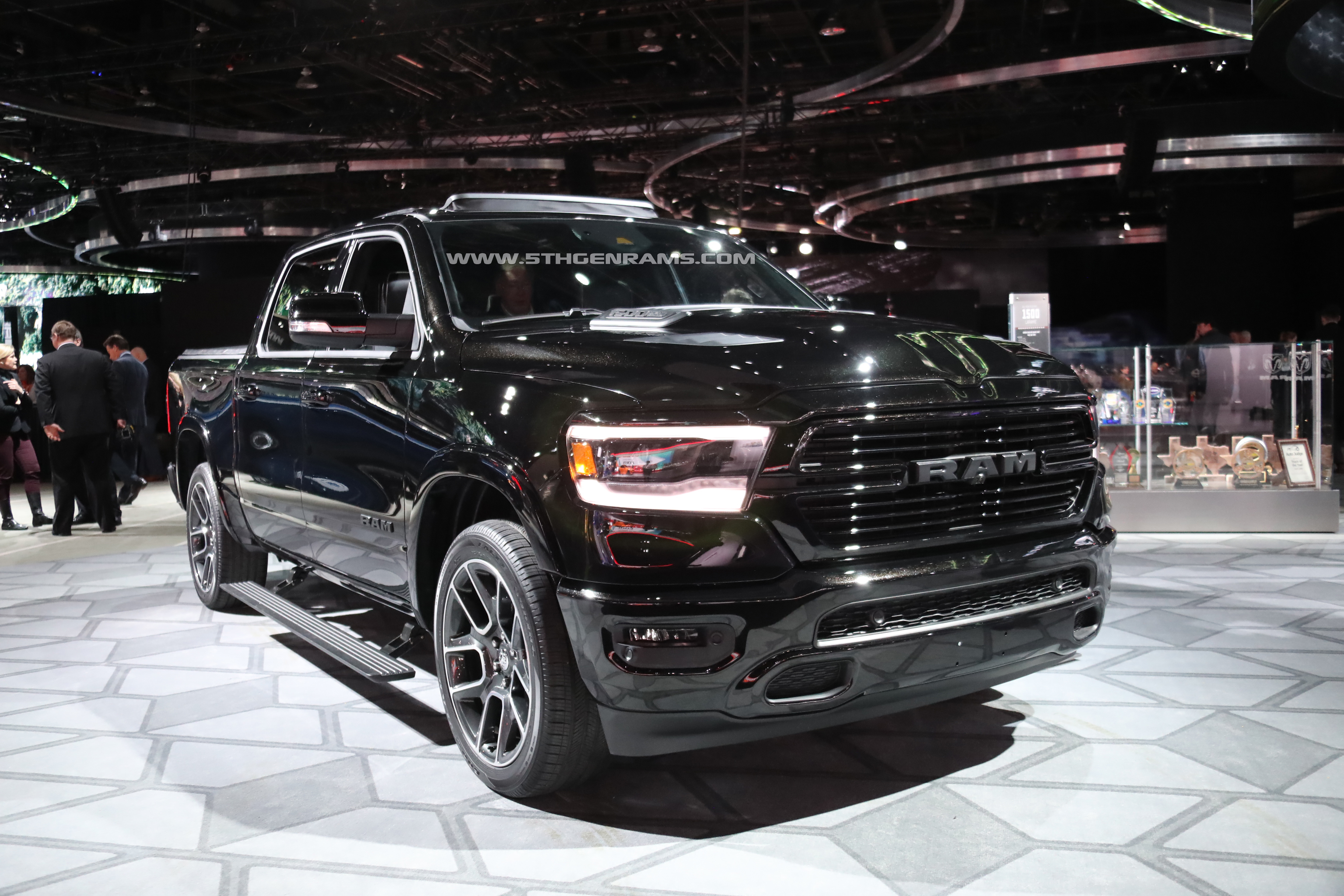I can appreciate an open conversation about the recalibration but if you don't do the recalibration your sensors will be off until the vehicle recalibrates itself over time.
Why not just recal it after having the windshield replaced? What would the benefit be from waiting for the truck do it over the period of possibly days/weeks?
When you take the camera out of its bracket the calibration is off and your systems like adaptive cruise control, collision avoidance, lane assist won't work correctly and could
potentially lead to an accident for someone who relies on those systems. Btw no one driving should ever rely on those systems ever....
To go off what you said that you absolutely don't need to do the recalibration, correct that you don't have to have it done, but the system will not function as it is
supposed to until it recalibrates itself then.
The reason glass companies do the recalibration is because they get paid by insurance to do it, it's literally that simple.
I disagree. My system worked perfect when the truck was picked up. If the glass is the same, how would the "sensors" be off unless the installer messed with it? Particularly if its OEM glass?
I believe resident expert @Jimmy07 would confirm, there's no reason to recalibrate and many that do have problems after.

DASM won’t take calibration after windshield replacement
Anyone ever have an issue with the DASM (Drivers Assistance System Module) not taking a calibration after a windshield replacement? I am wondering if this is something they could’ve messed up at the dealer while trying to calibrate it. They are saying it needs to be replaced at a total cost of...











